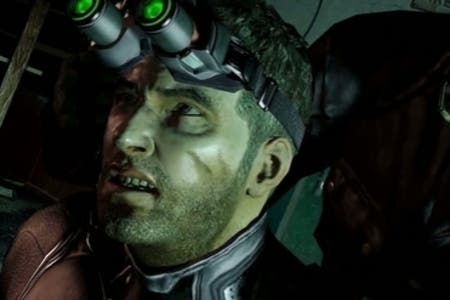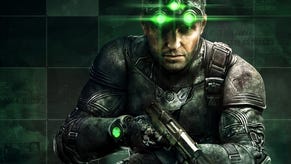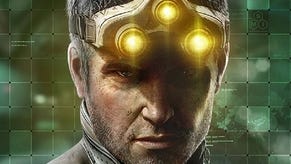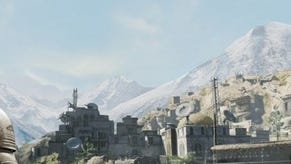Splinter Cell: Blacklist response has been a "kneejerk reaction" and "uninformed"
"We really need to get a demo out there."
The negative response of some fans to Splinter Cell: Blacklist has simply been a "kneejerk reaction" based on selected "vertical slices" of the game, the game's director has told Eurogamer.
Early trailers have showed stealth hero Sam Fisher storming across a Middle Eastern desert in broad daylight, neck-stabbing crowds of armed bad guys in one fell swoop. It is a far cry from the series' dark and covert roots.
"Everyone can make kneejerk reactions to a vertical slice of the game that are really uninformed as to what the whole experience is like," Splinter Cell Blacklist director David Footman told Eurogamer. "We really have to be patient as we roll out each item about the game.
"The proof is always going to be in the pudding. Talk is talk, and it is just all talk right now. We really need to get a demo out there, for people to see how you can ghost levels, to see the gameplay. It seems to be an overreaction because people are just seeing the 'pow!', the explosiveness."
A considerable portion of the debate centred on a torture scene shown at E3, where players plunge a knife into a man's clavical, twisting the blade deeper in an attempt to exert information. Players are then told they can either spare or finish the man.
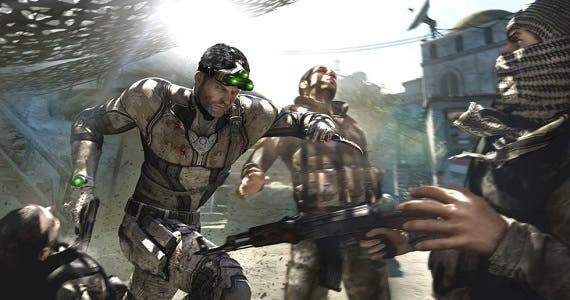
"What we showed at E3 was very explosive, very violent. That kind of stuff tends to get shown, but as we roll out different aspects of the game you'll see a lot more diversity and lot more of what hardcore fans are expecting to see.
"There are two distinct styles of gameplay - you can ghost a map, or you can go wild as well. There are some areas you'll have to play stealth, but there are areas where you'll find it hard if you don't use wide-open action."
Footman defended the use of such violent scenes, and explained that their inclusion was designed to reflect the real world.
"What people won't say, but what they'll dance around, is that is the price of freedom to protect Americans and their sedans and SUVs.
"What people won't say, but what they'll dance around, is that is the price of freedom to protect Americans and their sedans and SUVs."
David Footman, Splinter Cell: Blacklist director
"If it makes you squeamish and uncomfortable, maybe that's the point. I always know when we're onto something that's really touchy and interesting when we get reactions like that. But the truth is it's really happening. That's the truth. We all know it's really happening all over the world. People are doing horrible things for - what, the right reasons?
"Where do you draw the line? What would you do to save your country when all it took was to torture someone using the wrong means? We feel it's an interesting dilemma for the player."
As for the game's focus on more action-orientated sequences, Footman explained that the change was part of the series' recent evolution from stealth, to stealth-action, and now to "stealth-action-adventure".
"[Previous Splinter Cell title] Conviction was a pretty big change for the brand, to stealth-action. [And] in terms of ensemble cast and everything else about our story, we're stealth-action-adventure now.
"We've gone from being a big game to a monster game. If you want to come out with a big Hollywood movie in the summer time, if you're not a big blockbuster - you're not going to get seen. It's very competitive now, it takes out the whole middle ground. You really need to know what space you're competing in. It's deep and it's broad.
"We definitely know our roots, being stealth, realism, having Sam Fisher at the core of it. But like every branded franchise, it is evolving."
